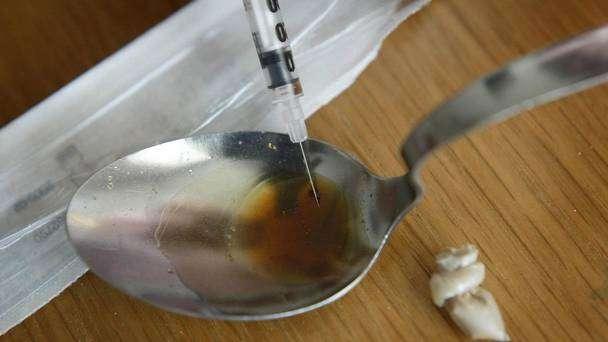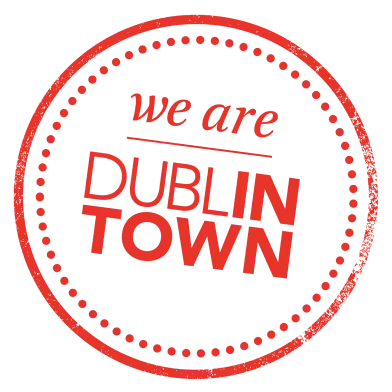Richard Guiney Speaks About Drug Problem in Dublin

- Tue 17 February, 2015
The following is taken from an opinion piece Richard Guiney was asked to write for the Herald newspaper on drug issues in Dublin City Centre.
Richard Guiney: We need crisis detox that accepts people when they’re crying out for help
Ireland has always had difficulties relating to substance abuse.
 For many alcohol has torn at the fabric of Irish society, but since the 1970’s opiates have become readily available and now provide a devastating alternative for some. It was estimated that there were 20,790 opiate users in Ireland in 2006. In 2012, it was found that almost half of the nation’s users were residing in Dublin. In the minds of most people, there is a huge difference between opiate abuse and alcohol abuse.
For many alcohol has torn at the fabric of Irish society, but since the 1970’s opiates have become readily available and now provide a devastating alternative for some. It was estimated that there were 20,790 opiate users in Ireland in 2006. In 2012, it was found that almost half of the nation’s users were residing in Dublin. In the minds of most people, there is a huge difference between opiate abuse and alcohol abuse.
The aim of the centres is to get drug addicts into treatment while keeping the streets safe.
Heroin users need €60 to €100 per day, some resorting to begging and stealing to keep withdrawal symptoms at bay.
And there’s what’s left behind. Opiate abuse can lead to needles containing blood infected with viruses such as HIV and Hepatitis C left on streets and in public places.
Before the public become too alarmed, it should be noted that practically all needle finds are in out-of-the-way locations and not on main streets.
But as a society we simply cannot afford to ignore the problem or hope that it will magically disappear. It won’t.
We need to find real solutions to underlying issues rather than trying to deal with the outward manifestation of the drug problem, i.e. needle finds on the street.
As someone, who employs a team to remove needles off Dublin’s streets each day, I am keen to find a solution that actually works.
I am not interested in simple and meaningless soundbites. Having studied solutions that have worked in other jurisdictions, I am convinced that we must treat opiate abuse as a health, rather than criminal, issue.
As a commander in the NYPD said to me: “Send a guy with a moderate drug problem to jail for 28 days, what d’you get back?, a guy with a serious drug problem.”
The solution lies in assertive outreach: going onto the street and reaching out to those in need, having case workers to mind them and guide them into services.
We need crisis detox that accepts people when they cry for help and works with them through their drug problems – not one that says come back in six months when we might have a bed.
We need to provide housing and have case workers visit people in their home rather than sending them to large drug and homeless facilities that merely concentrate the problem into one location.
It is also time to consider mobile safe facilities where users can take drugs, thereby taking the problem off the streets.
This would allow us to reach active drug-users and plug them into available supports.
None of this is to say that there should never be sanctions available against unacceptable behaviour.
However, the criminal justice system should not be the first port of call. We can’t forget that we are often dealing with very vulnerable individuals.
One solution from the UK is to ban them from an area known to be frequented by drug-users. This often includes the local town or city centre.
Importantly they are provided with a case worker to help them deal with their underlying issues in a constructive fashion.
An exclusion order is a civil rather than criminal sanction which allows the space to deal with issues.
The rights of all people, the drug-user and wider society need to all be considered equally.
Obviously if the opportunities provided are spurned then the criminal justice system has to come into play.
Ultimately, we need a holistic approach to deal with the underlying issues, a system that works and a society that respects the needs of all.


